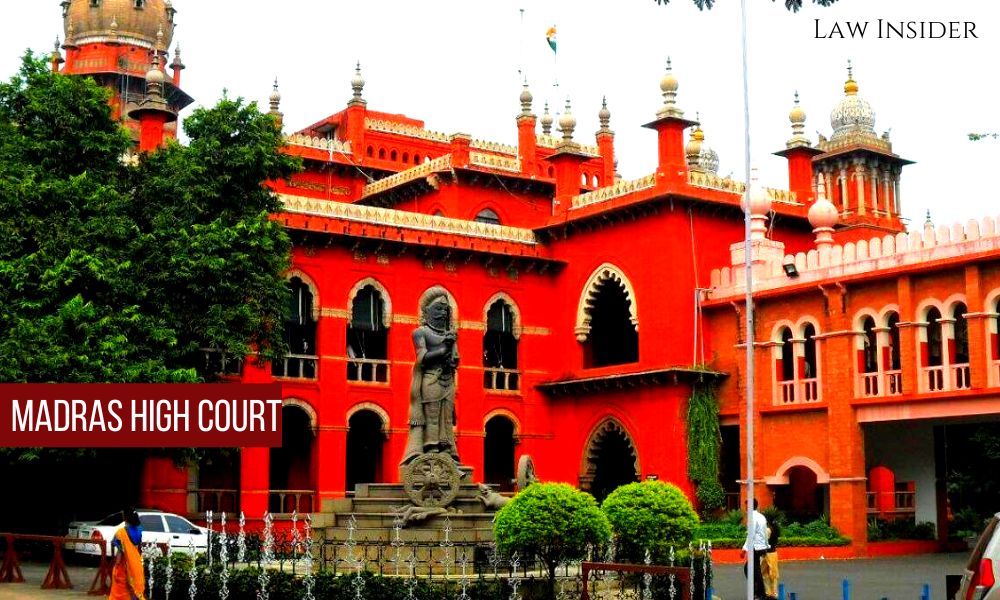LI Network
Published on: October 4, 2023 at 00:01 IST
The Madras High Court held state governments cannot compel educational institutions operated by religious and linguistic minority groups to implement social reservation policies by reserving seats for candidates belonging to Scheduled Castes/Scheduled Tribes (SC/STs) and Other Backward Classes (OBCs).
Chief Justice SV Gangapurwala and Justice PD Audikesavalu emphasized that even if minority educational institutions receive aid from state governments, they are not obliged by constitutional provisions to adopt social reservation practices.
The bench referenced Article 15(5) of the Indian Constitution, which exempts minority educational institutions from communal and social reservation requirements.
The judges also cited Supreme Court rulings in Pramati Educational and Cultural Trust vs. UoI and Ashok Kumar Thakur vs. Union of India, in which the apex court had clarified that the Right to Education Act does not apply to minority institutions and that Article 15(5) does not violate Article 14 of the Constitution because minority educational institutions are considered a distinct category.
“In light of the above, we have no hesitation in holding that the concept of communal reservation or reservation for Scheduled Castes, Scheduled Tribes, and other Backward Classes of citizens would not apply to minority institutions,” the High Court declared.
Furthermore, the court affirmed that once minority status is granted to an educational institution, it cannot be arbitrarily revoked by the state government.
The case revolved around a petition from the Justice Basheer Ahmed Sayeed College for Women, which sought to annul a government order canceling the college’s minority status and requested permanent minority status.
Advocate General R Shanmugasundaram, representing the state government, argued that the petitioner institute received state aid and had its minority status revoked because it exceeded the state-imposed 50 percent cap on admitting Muslim minority students each academic year.
However, Senior Counsel Vijay Narayan, representing the college, contended that the state lacked the authority to impose such a 50 percent threshold, compelling the college not to admit minority community students beyond that limit.
The court determined that there was no issue with the state imposing such a threshold as long as the college was allowed to admit Muslim minority students on merit within the remaining 50 percent reserved for the general quota. Nevertheless, the court emphasized that the state could not revoke the college’s minority status based on such grounds.
“The scheme of the National Commission for Minority Educational Institutes Act, 2004, in no way envisions the grant of minority status for a temporary or restricted period. The status would persist until the Commission revokes it… As discussed above, the right to cancel the recognition as a Minority Educational Institution lies only with the Commission established under the Act of 2004. Admitting more students than the sanctioned 50% threshold would not automatically permit the cancellation of the Minority status of the Educational Institution,” the High Court clarified.

